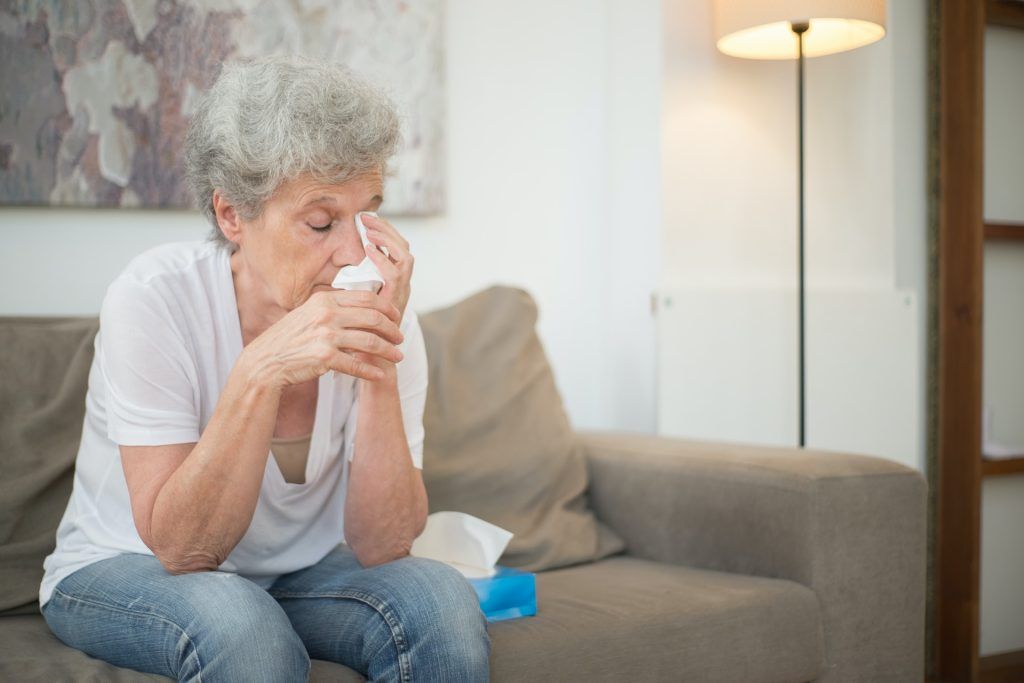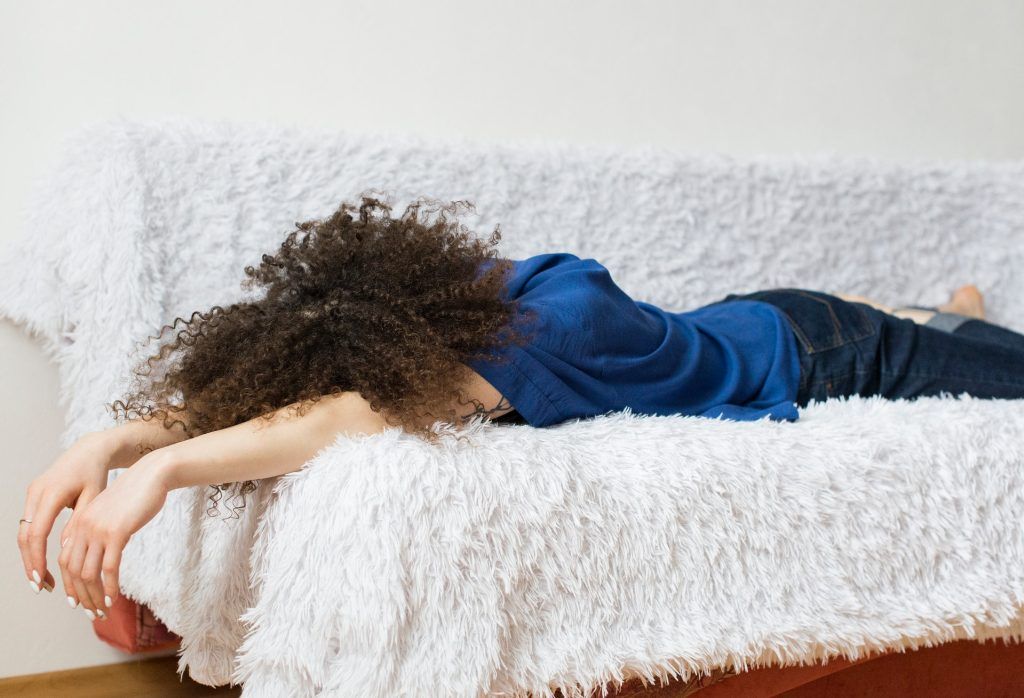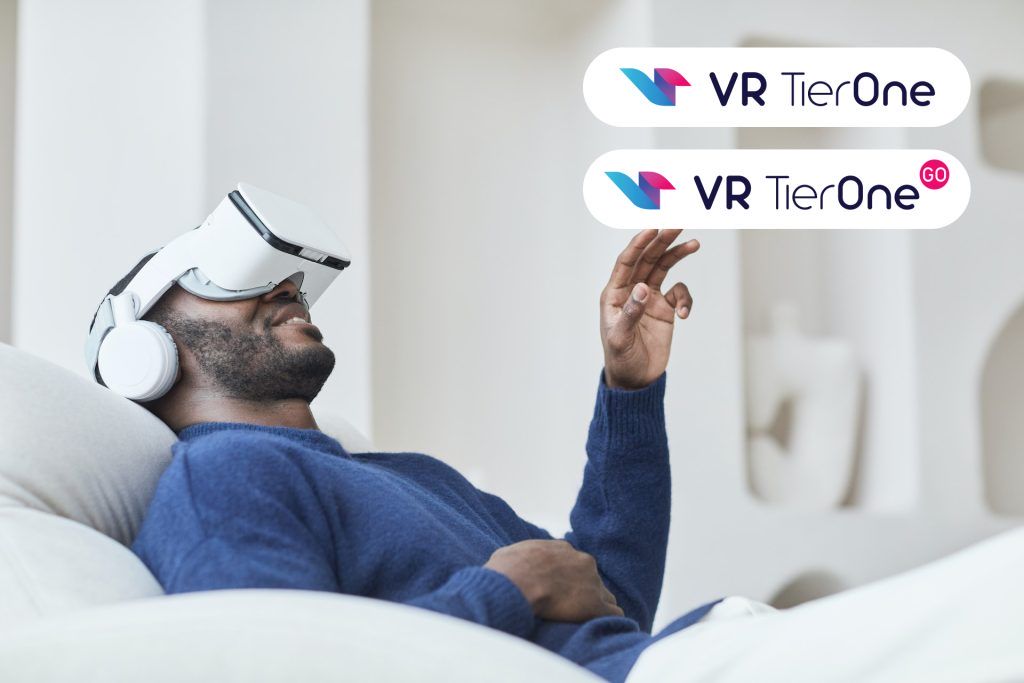Your physician is responsible for diagnosing depression, but your role can be extremely helpful in detecting it faster in your loved ones. This is especially important when you are caring for a person after a serious illness, whose accompanying depression renders it difficult to rehabilitate, regain independence and recover. Would you be able to identify symptoms that might suggest depression? Your knowledge can help initiate appropriate treatment faster.
Symptoms of depression
The symptomatology of depression varies greatly, which translates into a multitude of forms of depression. The disease may look slightly different in every patient, which results from the different constellation of symptoms, duration and degree of their severity. The characteristic symptoms of depression include:
- depressed mood,
- loss of interests and enjoying them,
- reduced psychomotor drive.
To diagnose depression 2 of its 3 characteristic core symptoms must be present, lasting for at least 2 weeks and most of the day. The core symptoms are accompanied by other, additional ones. We can observe more than just sadness in the affected person. It may also be indifference to what she liked or considered important so far. Not all symptoms of depression will be visible to you from the outside, not all will be verbalized by the person affected by the disorder. However, by observing the behaviour and talking patterns, we can spot disturbing symptoms suggesting the need for a specialist consult and assessment – confirming or excluding the presence of depression. If you are concerned about the mental health of your loved one, look out for the following symptoms of depression:
- Affective symptoms, i.e. those relating to the mood:
- sadness,
- depression,
- sense of emptiness,
- soreness,
- feeling helpless,
- loss of interests,
- loss of satisfaction,
- loss of experience of pleasure.
- Cognitive symptoms, i.e. those related to thinking, perception, memory:
- the negative cognitive triad: negative thinking about oneself, present and future,
- self-critical thinking,
- low self-esteem,
- lack of hope,
- feeling of guilt,
- inability to solve problems,
- low sense of agency and control over life,
- thoughts of a suicidal nature (suicide, death),
- disorders of cognitive processes: concentration of attention, decision-making, memory functioning.
- Behavioural symptoms, i.e. those related to social behaviour and functioning:
- staying late in bed,
- avoiding social interaction,
- loss of interest in the world,
- withdrawal from social activity,
- worse functioning in family life,
- reluctance to make contacts despite feeling lonely.
- Somatic symptoms, i.e. those concerning the body:
- low level of energy,
- discouragement,
- fatigue,
- heaviness,
- lethargy,
- headache, abdominal pain, neuralgia,
- change in sleep patterns (insomnia or excessive sleepiness),
- change in appetite patterns (decreased or increased appetite),
- psychomotor changes: slowing down of movements and speech (monotonous voice), poor facial expressions, avoiding eye contact with the interlocutor or agitation and excessive gestures.
It is worth adding that although anxiety is not a specific symptom of depression, it is almost inseparable from it. What we are talking about is the parallel occurrence of depression and anxiety disorders.

Depression in the course of serious conditions
Depression in the population of somatically ill people is an unfavourable and widespread phenomenon that translates onto low physical activity and less effective rehabilitation. Patients in need of rehabilitation give up on it, their depressive assessment of the chances of a cure make them see no point in following medical recommendations. It should be clearly emphasized that for affected people depression poses a risk of disability, life dependence on third parties, low quality of life, the possibility of repeated health incidents and an increased risk of death. Caring for a person after a serious illness with accompanying depression can be overwhelming. It is the relatives who take the role of the caretaker, who must initiate recovery processes and look for ways of wise motivation. It is never easy, because people with depression often push people away from themselves, rejecting their loved ones even though they need them. Caring becomes an unpleasant experience that requires strength and sensitivity. Being a carer of a person after a serious illness in a bad mental state, one should seek psychological help for the sick person also to retain their own psychological well-being.
The specificity of post-stroke depression
Post-stroke depression is unique in that its symptoms may coincide with those resulting from the stroke itself. The etiology of post-stroke depression is complex, on the one hand it results from organic brain damage and therefore has a biological basis, and on the other hand, psychological and social factors coexist. We must remember that post-stroke depression is an unfavourable condition because it impairs motivation and reduces psychomotor drive, which determine the course and success of the much needed rehabilitation. The clinical presentation of post-stroke depression may differ from typical depressive disorders. For example the feelings of guilt and thoughts of suicide, are relatively rare in it. Post-stroke depression is more often manifested by: deepened cognitive impairment, mood swings, tearfulness, apathy, aggression, loss of appetite, fatigue, passive attitude, refusal to cooperate and lack of motivation.

Helping patients with depression
VR TierOne therapy is a solution helping patients reduce symptoms of depression. The therapy is based on a psychotherapeutic effect of the friendly conditions of the virtual Garden of Rebirth. The therapy, modern in its form, activates the patients’ inner strengths and helps to change the attitude towards their own health condition. The patients join the treatment process, noticing the sense of undertaking rehabilitation. Treating depression in with words, in a friendly atmosphere, and therefore with the help of psychotherapy, helps people with depression and prevents its recurrence. It sometimes happens that the time from diagnosis to getting help is longer due to the unavailability of psychotherapists. The VR TierOne medical device offers a solution to the problem of scarce availability of mental health specialists and the lack of favourable conditions for providing psychological help. VR therapy can also complement the traditional activities of a psychotherapist. The effectiveness of VR TierOne in reducing depression, anxiety and stress was tested and confirmed in research involving patients after a heart attack, stroke, chronic obstructive pulmonary disease, and in elderly people suffering from depression. The VR TierOne device is a medical product, it will work well where cardiological, neurological and pulmonary rehabilitation is carried out, in adult patients with serious somatic diseases and coexisting depression. If you notice symptoms of depression in your loved one and you are not indifferent to their suffering, ask your physician about the possibility of treating depression with VR TierOne.
See how depression therapy with use of the VR TierOne device looks like.






